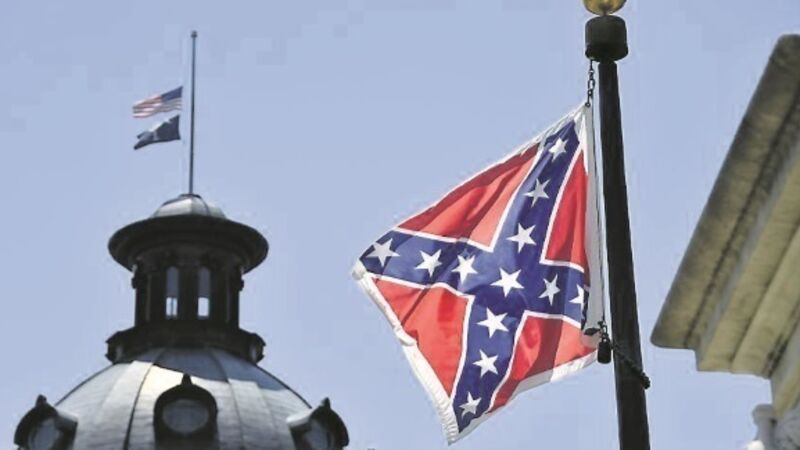Racist massacre flags up issues about good ol’ boys and bad TV

The something that drove me nuts, for perhaps five years, was a television programme that seemed to set out to prove the first natural law of TV, which is that the crappier the series, the more likely it is to succeed.
There are exceptions, but that’s the tendency, and the shining exemplar of the rule, up there with The Flintstones, was The Dukes of Hazzard. It was shining because it was soaked both in primary colours and in sunshine beating down on a location somewhere below the Mason-Dixon line that could have been called Trailer Trash HQ.















